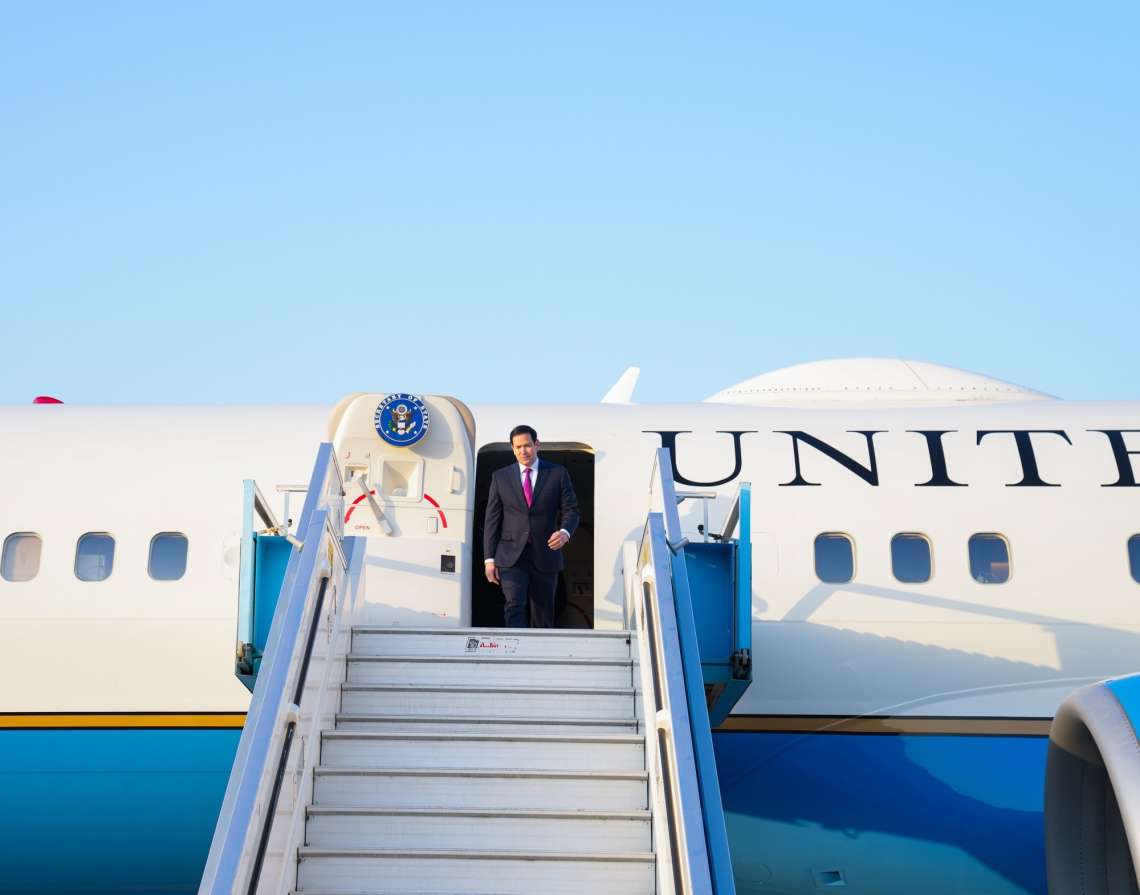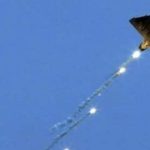The Strategic Posture Commission released its long-awaited report on US nuclear policy and strategic stability…reports Asian Lite News
A Congress-appointed bipartisan panel said on Thursday said that the US must prepare for possible simultaneous wars with Russia and China by expanding its conventional forces, strengthening alliances and enhancing its nuclear weapons modernisation programme.
The report comes against the backdrop of rising tensions with China over Taiwan and worsening frictions with Russia over its “invasion” of Ukraine.
The Strategic Posture Commission released its long-awaited report on US nuclear policy and strategic stability.
The 12-member commission was hand-picked by Congress in 2022 to conduct a threat assessment, consider alterations to US force posture, and provide recommendations.
In contrast to the Biden administration’s Nuclear Posture Review, the Strategic Posture Commission report is a full-throated embrace of a US nuclear build-up.
It includes recommendations for the US to prepare to increase its number of deployed warheads, as well as increase its production of bombers, air-launched cruise missiles, ballistic missile submarines, non-strategic nuclear forces, and warhead production capacity.
It also calls for the US to deploy multiple warheads on land-based intercontinental ballistic missiles (ICBMs) and consider adding road-mobile ICBMs to its arsenal.
The only thing that appears to have prevented the commission from recommending an immediate increase of the US nuclear weapons stockpile is that the weapons production complex currently does not have the capacity to do so.
The commission’s embrace of a US nuclear buildup ignores the consequences of a likely arms race with Russia and China (in fact, the Commission doesn’t even consider this or suggest other steps than a buildup to try to address the problem). If the US responds to the Chinese buildup by increasing its own deployed warheads and launchers, Russia would most likely respond by increasing its deployed warheads and launchers. That would increase the nuclear threat against the US and its allies.
China, which has already decided that it needs more nuclear weapons to stand up to the existing US force level (and those of Russia and India), might well respond to the US and Russian increases by increasing its own arsenal even further. That would put the US back to where it started, feeling insufficient and facing increased nuclear threats.
The commission’s report is generally framed around the prospect of Russian and Chinese strategic military cooperation against the US.
The commission cautions against “dismissing the possibility of opportunistic or simultaneous two-peer aggression because it may seem improbable”, and notes that “not addressing it in US strategy and strategic posture, could have the perverse effect of making such aggression more likely”.
The commission does not acknowledge, however, that building up new capabilities to address this highly remote possibility would likely kick the arms race into an even higher gear.
The report acknowledges that Russia and China are in the midst of large-scale modernisation programmes, and in the case of China, significant increases to its nuclear stockpile. This accords with its own assessments of both countries’ nuclear programmes. However, the report’s authors suggest that these changes fundamentally call into question the US’ assured retaliatory capabilities, and state that “the current US strategic posture will be insufficient to achieve the objectives of US defence strategy in the future…”
The commission appears to base this conclusion, as well as its nuclear strategy and force structure recommendations, squarely on numerically-focused counterforce thinking: if China increases its posture by fielding more weapons, that automatically means the US needs more weapons to “(a)ddress the larger number of targets…” However, the survivability of the US ballistic missile submarines should insulate the US against needing to subscribe to this kind of thinking.
ALSO READ-Russia Loses Bid for Council Seat, Accused of Human Rights Abuses













